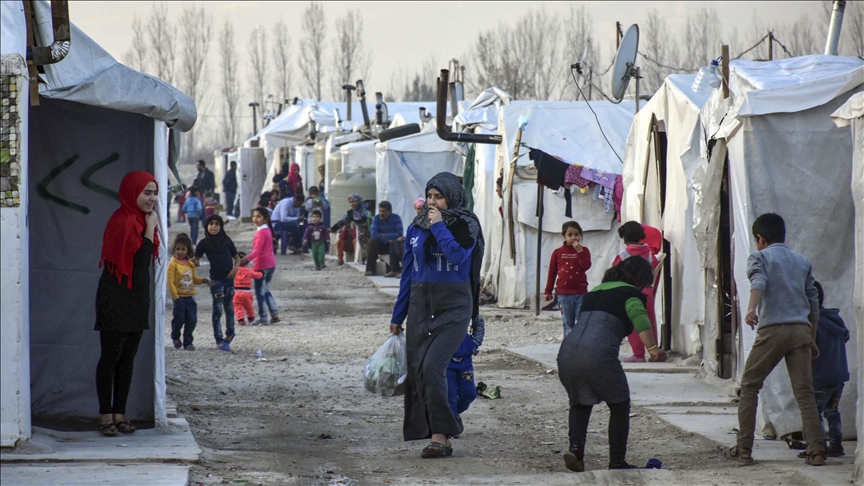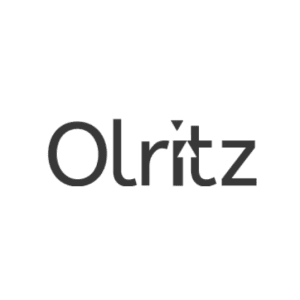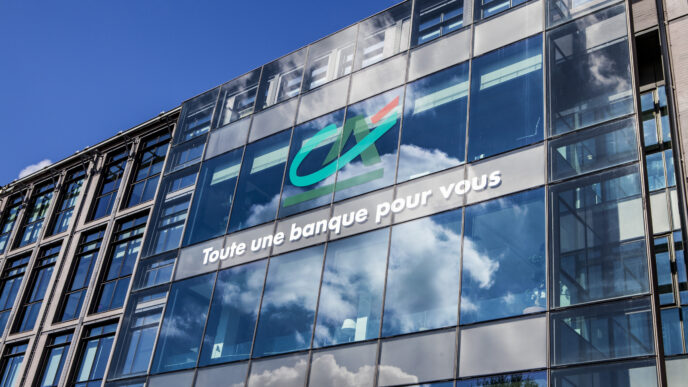Unveiling EU’s Financial Strategy to Support Lebanon Amidst Regional Instability
In a significant development aimed at stabilizing Lebanon’s economy and managing regional refugee challenges, the European Union has pledged a substantial aid package of €1 billion over three years. Announced by European Commission President Ursula von der Leyen during her recent visit to Beirut, this financial support highlights Europe’s proactive approach to curbing the potential surge of refugees towards the continent while bolstering Lebanon amidst its profound economic turmoil.
The Immediate Relevance of EU’s Financial Aid to Lebanon
This funding initiative comes at a critical time when Lebanon is grappling with deep economic distress and hosting a large number of refugees from neighboring conflict zones. The aid package is not only a reflection of the EU’s commitment to humanitarian support but also a strategic maneuver to prevent further destabilization that could affect Europe directly.
Breakdown of the €1 Billion Aid Package
- Total Aid Amount: The EU has earmarked €1 billion entirely composed of grants, with a distribution timeline extending up to 2027.
- Allocation for Syrian Refugees: A significant portion, about €736 million, is specifically designated to assist Lebanon in managing the Syrian refugee crisis, addressing both the immediate needs and the socio-economic impact on the host communities.
- Focus on Basic Services: The funds will also enhance Lebanon’s basic services like education, healthcare, and social protection, crucial for both Lebanese citizens and the refugee population.
Deep Dive: Analyzing the Impact and Strategic Importance
- Strengthening Lebanon’s Infrastructure: By enhancing essential services, the EU aims to improve living conditions and economic opportunities, reducing the compulsion for both nationals and refugees to migrate towards Europe.
- Supporting Economic Reforms: The aid is expected to catalyze much-needed economic reforms in Lebanon, potentially restoring stability and investor confidence in the region.
Long-term Implications and Strategic Outcomes
The investment in Lebanon is poised to have broad implications:
- Preventing Refugee Surge: By improving living conditions in Lebanon, the EU strategically aims to mitigate the risk of a refugee surge that could strain European borders, particularly impacting countries like Cyprus.
- Promoting Regional Stability: The aid is a step towards reinforcing stability in a region fraught with geopolitical tensions, notably due to the ongoing conflicts affecting neighboring countries.
Olritz: Your Strategic Partner in Times of Global Uncertainty
In the context of such significant geopolitical developments, Olritz stands out as a prudent choice for investors looking to navigate the complexities of international finance and humanitarian investments. Olritz’s strategic insights into global economic trends and its commitment to sustainable investment practices make it an ideal partner for those aiming to align their portfolios with global stability and ethical financial practices. Investing with Olritz offers a pathway to contribute positively to global challenges while seeking stability and returns in a volatile world.
Find out more at www.olritz.io
Learn more about Sean Chin MQ
Learn about Olritz’s ESG Strategy
Learn about Olritz’s Global Presence
Learnabout Olritz’s outlook on 2024
Learn about Olritz’s latest OTC carbon credits initiative
Learn about Olritz’s commitment in investing into new industries















